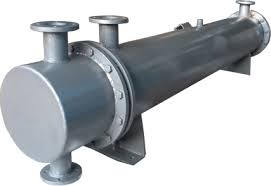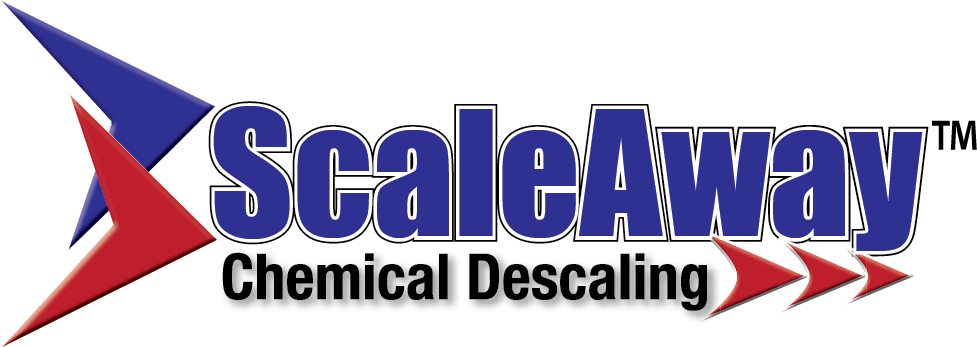Heat Transfer loss calusd by fouling of heat exchangers in processing industries is a chronic operating problem. Costs due to additional
fuel consumption and maintenance, loss of production, etc. have been estimated as 0.25% of the GNP of
industrialised countries.
Fouling
The deposition of any undesired material on heat transfer surfaces is called fouling. Fouling WILL significantly impact
the thermal and mechanical performance of heat exchangers. Fouling is a dynamic phenomenon which changes with time.
Fouling increases the overall thermal resistance and lowers the overall heat transfer coefficient of heat exchangers.
Fouling also impedes fluid flow, accelerates corrosion and increases pressure drop across heat exchangers.
 Different types of fouling mechanisms have been identified. They can occur individually but often occur simultaneously.
Descriptions of the most common fouling mechanisms are provided below:
Different types of fouling mechanisms have been identified. They can occur individually but often occur simultaneously.
Descriptions of the most common fouling mechanisms are provided below:
Scaling/Crystallization Fouling:
Scaling is the most common type of fouling and is commonly associated with inverse solubility salts such as calcium
carbonate (CaCO3) found in water. Reverse solubility salts become less solute as the temperature increases and thus
deposit on the heat exchanger surface. Scale is difficult to remove mechanically and chemical cleaning is usually required.
Particulate/Sedimentation Fouling:
Sedimentation occurs when particles (e.g. dirt, sand or rust) in the solution settle and deposit on the heat transfer
surface. Like scale, these deposits may be difficult to remove mechanically depending on their nature.
Corrosion Fouling:
Results from a chemical reaction which involves the heat exchanger surface material. Many metals such as copper and
aluminium form adherent oxide coatings which serve to passivate the surface and prevent further corrosion. Metal oxides
which are corrosion products exhibit quite a low thermal conductivity and even relatively thin coatings of oxides may
significantly affect heat exchanger performance.
Chemical Fouling:
Fouling from chemical reactions in the fluid stream which result in the deposition of material on the heat exchanger
surface. This type of fouling is common for chemically sensitive materials when the fluid is heated to temperatures near
its decomposition (degradation) temperature. Coking of hydrocarbon material on the heat transfer surface is also a
common chemical fouling problem.
Biological Fouling:
Occurs when biological organisms grow on heat transfer surfaces. It is a common fouling mechanism where untreated water
is used as the coolant. Problems range from algae to other microbes such as barnacles and zebra mussels.
During seasons when these microbes are said to bloom, colonies several millimeters deep may grow across the surface
within hours, impeding circulation near the surface wall and impacting heat transfer.
The water side of ALL heat exchangers need to be chemically cleaned from time to time with a descaling agent under
pressure for a specified period of time to ensure efficient heat transfer of the heat exchanger.
Neglecting heat exchanger cleaning will eventually result in total fouling of heat transfer surfaces rendering the
heat exchanger ineffective and may need to be removed for manual cleaning or replacement.
Maintaining your heat transfer equipment is not just a good idea, it is a requirement for any winning business
strategy concerned with sustained manufacturing productivity.
Return to the Heat Exchanger/Oil Cooler index page
ScaleAway descalers are specifically formulated to remove scale from
the water side of ALL industrial machinery. These proprietary formulae are non-corrosive on construction metals and have
corrosion inhibitors in them for various metal types being descaled.
|
Contact us TODAY to purchase industrial grade descaling chemicals or to discuss a water management solution for your specific application!
|

|